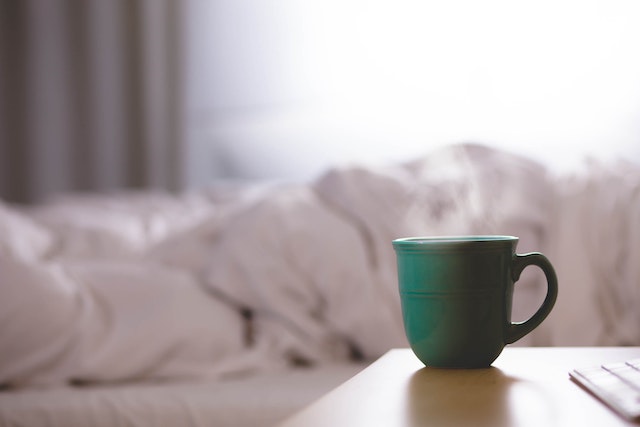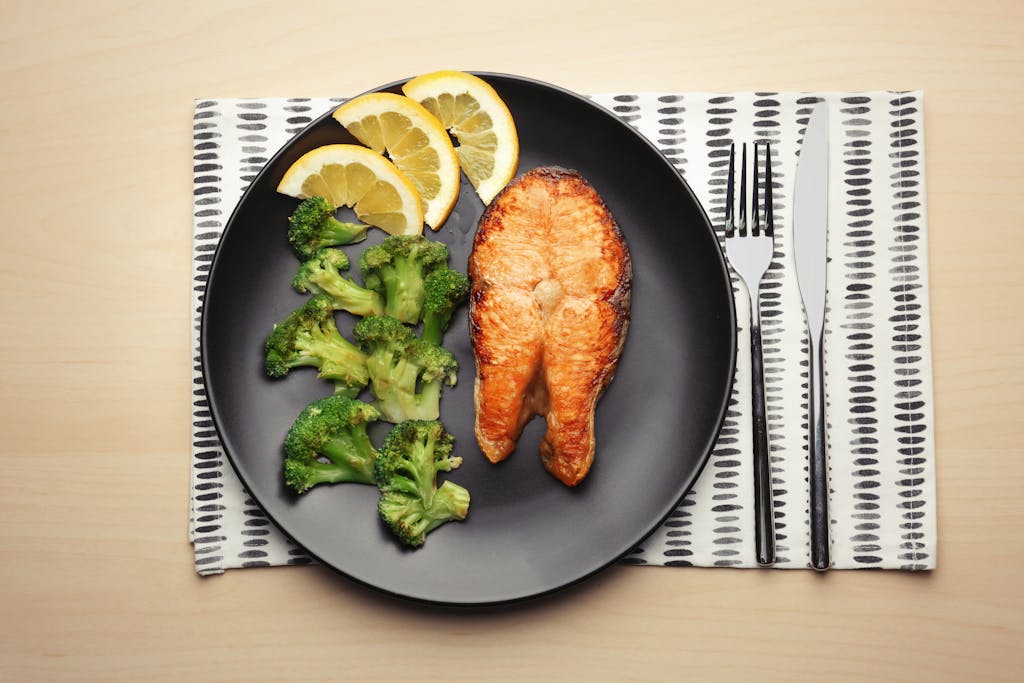Dr. Jenifer Worden
Homeopathy can alleviate the symptoms, writes Dr. Jenifer Worden
I would like to consider several homeopathic remedies and how they can combat winter colds and ills. However, before I do, I would like to state that, as a doctor, I support vaccination for influenza for the vulnerable and senior citizens.
In my experience, working as a GP in a practice with one of the highest populations of patients aged over 65 years in the UK, our annual flu vaccination campaign has meant that I inevitably see far fewer cases of influenza than I did when I was doing my medical training in Manchester where older patients were less numerous. There will always be individuals who have a naturally strong constitution and who have no need for vaccination against flu, but being vaccinated does not prevent homeopathy helping alongside to ward off those winter ailments.
Whilst the object of this article is to discuss homeopathic remedies for colds and flu and general winter ailments, we should consider why we catch these in the first place. Obviously, there are many opportunistic viruses that are contracted when we are suffering from something else. As a doctor, I see this frequently and the reason we catch these secondary infections is because our immune system has been weakened in combating the first and in this weakened state is not able to resist the onset of the second.
Low immunity and lifestyle
What causes the lowering of our immune system? The short answer is many things! Stress and tiredness not only caused by physical exertion but also by simple lack of sleep and general worries of a material or personal nature. So, what can we do to improve our chances of not catching these viruses in the first place? Well, by improving personal hygiene which I have covered at the end of this article, and by boosting our immune system. Twenty years as a GP have shown me that glib statements to patients on lifestyle changes do not necessarily produce results. If you are in debt or have personal relationship difficulties, it is impractical for a doctor, and indeed probably impossible, to try to correct these but the inescapable fact is that stress weakens your immunity and can reduce your ability to fight off winter illnesses. Therefore we should look at those factors which can be changed, or things we can take to help raise our resistance.
Most practitioners today believe that a lifestyle which includes a balanced diet of fresh fruit, vegetables and salads combined with regular physical exercise is better than a diet high in fat and a sedentary lifestyle. Smoking and alcohol in excess not only reduce the ability of your immune system to fight off infection but is foolhardy in the extreme. However, even with the best diet and a relatively stress-free life, we will, all of us, inevitably catch a cold or influenza.
So, how can homeopathy help in this instance? I have chosen four remedies that I regularly prescribe for winter ailments.
Aconite
One of the remedies most frequently used in winter is Aconite and it is usually recommended when symptoms of a cold come on suddenly, typically after exposure to a dry chilly wind. There may be a severe headache, which is often described in the terms of fullness, or heaviness and may be centred on the left temple and is usually throbbing in nature. The face is typically flushed, hot and red with dry, sore and bloodshot eyes. The throat is normally red and dry with a sensation as if something were “stuck in the throat”. From this, it may be understood that these symptoms of heat and dryness, affecting the left side of the body, with an acute sensitivity to cold winds or draughts are those which may be successfully treated with Aconite.
This remedy may also be used to treat a painful, dry, hacking cough which manifests itself with a feeling of tension and pressure in the left side of the chest. Here a word of caution however: symptoms that persist for more than two to three weeks, or increase in severity, despite the administration of a homeopathic remedy, must be investigated as a matter of urgency by a healthcare professional.
Nevertheless, homeopathy may be used alongside all conventional medication, will not interfere with antibiotics nor will antibiotics stop homeopathic remedies from being effective.
Gelsemium
A remedy that is recognised and accepted for use in colds and similar ailments is Gelsemium, which is made from yellow jasmine. The symptoms for which this remedy is ideally suited are feelings of weakness and a trembling sensation in the legs and an all over tiredness. Also, it is very beneficial for people who feel apathetic, lethargic and who want nothing more than just to lie quietly, undisturbed. The tiredness that lingers after influenza, or a similar viral infection, responds well to Gelsemium. Many sufferers of these types of illnesses describe a headache as if a very tight elastic band has been put around their heads and again this common, but distressing symptom, may be helped by this remedy. Whilst Aconite suits patients who feel hot and burning, other patients who experience shivers and chills, accompanied by deprivation of sleep caused by the mind being unable to relax will do well with Gelsemium.
Allium cepa
This is a homeopathic remedy that has proved itself in the treatment of a simple cold which presents with a nose that issore and constantly drips and with eyes that water. As this remedy is based on red onion, it should be no surprise that the symptoms which are induced by exposure to it are those which the remedy can help to alleviate. The top lip of the mouth can become red and sore, and sneezing is a major problem. A further symptom is an annoying tickle in the throat which is usually very sore and accompanied by a hoarseness of the voice. For these symptoms and a hacking, tickling cough, Allium cepa will probably suit.











